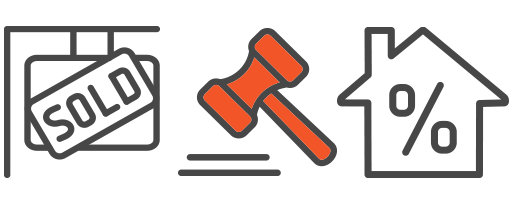
How much is stamp duty in Scotland?
For a single property purchase which will be your main residence, no tax will be paid on the first £145,000. Between £145,000 and £250,000 buyers will pay 2%, on the portion between £250,000 and £325,000 – 5%, then up to £750,000 – 10% and 12% over that
How Stamp Duty in Scotland Is Different
While homebuyers in England, Wales and Northern Ireland are liable for Stamp Duty Land Tax (SDLT), in Scotland the situation is slightly different, although basically the same as in the rest of the UK. North of the border, the duty is known as Land and Buildings Transaction Tax (LBTT), which, as with the rest of the country, is linked to purchase prices.
For a main residence, and the owner’s only property, the rate of Stamp Duty in Scotland is zero for all properties selling for less than £145,000. Between £145,000 and £250,000 the rate is 2%; between £250,000 and £325,000 it is charged at 5%; from £325,000 to £750,000 duty is 10% and for any property selling for more than £750,000 it is 12%.
For any additional property, including holiday homes and buy-to-let properties, the surcharge is 3% below £145,000 and progressively charged at 5%, 8%, 13% and 15%. This is known as the LBTT Additional Dwelling Supplement (ADS). As is the situation in the rest of the UK, the additional surcharge is designed to help first-time buyers enter the property market. If the Scottish government didn’t follow the UK government in introducing the surcharge, it would make the country much more attractive to buy-to-let companies and reduce the available housing stock for first-time buyers, especially at the lower end of the scale.
Scottish government estimations state that the surcharge would raise approximately £23 million from the surcharge. While this may not seem a huge amount when compared to other incomes for the government, its main purpose is not as a revenue-raising exercise, but to ensure equal opportunities in the Scottish housing market.
As with any rules and regulations, there are ways around them, as long as no wrongdoing occurs. For instance, parents may find it necessary to help their children get on to the property ladder. Simply buying a home for them will incur the ADS, but giving the money to their child or children to purchase the property, or just for a deposit, will easily sidestep the ADS.
However, if a married couple or a couple in a Civil Partnership plan to purchase a property for the purpose of renting it out, and only one partner in the Civil Partnership owns their residence, the other partner in the partnership will be charged ADS even though he or she does not technically own their main residence.
Be Aware Of The Charges
The main thing to be aware of when buying a property, whether as a main residence or as an additional property, is to be aware of the law, and how to use it to one’s advantage. Taxes are inevitable, but paying as little as possible is seen by some as their duty. While some may see the LBTT as money for nothing for the Scottish government, as they have done nothing to earn it, being aware of the charges can save buyers time and money. Our LBTT calculator is a simple way to see how much buyers have to pay for Stamp Duty Scotland.


